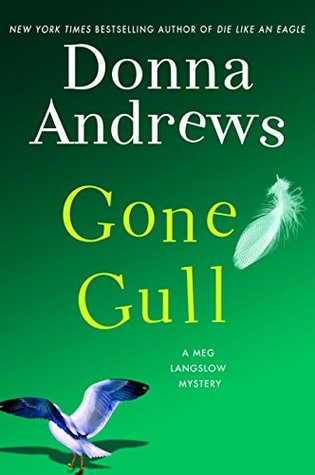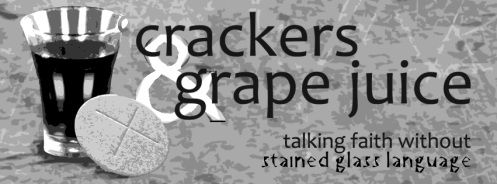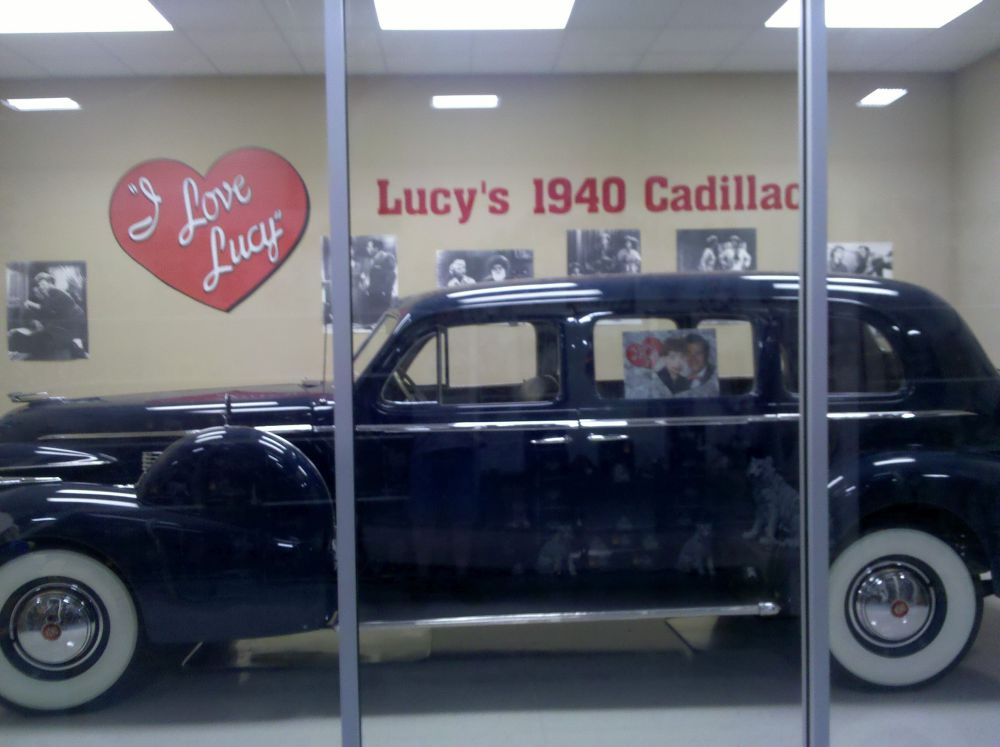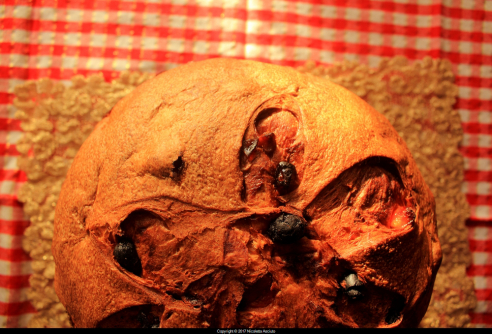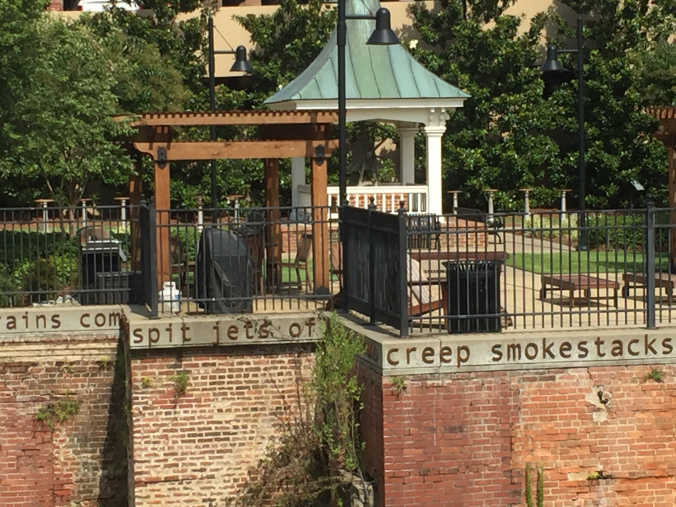
Nick Norwood’s poetry at an installation at The Eagle & Pheonix cotton mills, now lofts
Nick Norwood, director of the Carson McCullers Center for Writers and Musicians at Columbus State University, is also a great poet. Like McCullers, he writes about what he knows – the American South and its eccentricities. In previous segments of this essay we talked about the universal themes in McCullers’ work and her sense of place. In this segment we wind up with a discussion of race talk and talk about what it means to be an artist in the Deep South…
How do think Carson McCullers’ views on race relations hold up today?
One of the papers that was read at the [recent international] conference was about how she was a part of her culture, too. You see that in her depictions of African-Americans. Even though it’s clear that she is sympathetic, it’s almost unavoidable that she’s gonna say things that are patronizing or that show a blind spot here and there. So the argument that Sarah Schulman makes is that we shouldn’t just consider where she makes a mistake. It’s the attitude towards other people that we should try to emulate. She really was sympathetic to other people and even if she might have had some blind spots that’s not the important thing.
The New Yorker critic Hilton Als is a gay African-American man. He won the Pulitzer prize for criticism and he has long been a McCullers fan. He wrote a really important piece on her back in the early 2000s and has written other pieces on her. He points out things in The Heart is a Lonely Hunter that make him cringe. He acknowledges what Richard Wright says and he says, “I’m not gainsaying what Richard Wright says. He was right and yet still there are things I think that are embarrassing to all of us.” For instance, in The Heart is a Lonely Hunter, she wants to make a clear distinction between Dr Copeland and his children and she does it partly with her speech but I think she overdoes it a little bit.
There are things that she has especially Portia say. She makes comments like walking in a black neighborhood “it had that negro smell” and that was one of the things that Hilton Als said. She was a product of her time in that way. So I think the main thing to try to emulate and to appreciate now is the attitude towards other people and especially the ‘other’, that I think is clear that she had, that’s the thing.

Nick Norwood
So she talks a lot about, and has a lot of characters who are freaks and outsiders—like the circus freaks who come to town. I’m sure she felt that way growing up a lot. How is it for you being a poet in the Deep South?
You know the famous comment by Flannery O’Conner when she was asked, “Why do you Southerners have so many grotesques in your work?” She said, “Well maybe it’s because we know one when we see one.”
My good friend Fred Fussell, who is a historian and musicologist and is married to Cathy Fussell, who was the second director of the McCullers Center—they are local historians interested in the art and culture of this place. He explained it as “Every place has its eccentrics; we’re just exceptional.”
I think maybe that is sort of true of the South. I feel like I am not exploiting that in the way that those famous, now we refer to them as Southern Renaissance, authors did because it would feel like an adaptation to me. On the other hand, I’m writing about things that really happened to me in my life. I know a lot of people see that.
When I make friends with people that are from outside the South and we start telling stories of our childhood and they look at me like “Wow!” What can I tell you? That was just home. So I don’t know if the South is exceptional in that way but it seems to be so.
I am like Carson. Seriously, I came to Carson McCullers in my 20s and she was an influence on me as a writer. I was only writing fiction at the time. I later found out I was a poet but still I think that she’s an influence and one of the ways that she is that is, I think, to pay proper homage to a place, especially your own place, is to be absolutely honest about it and that includes writing about a lot of people that other people are going to see as freaks and monsters.
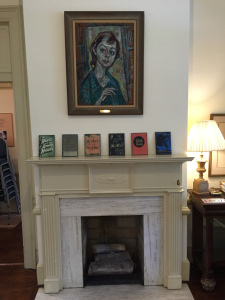
Carson McCullers
So it might be easier to be a poet in the South because you’ve got a lot of material.
Yeah, fiction writers have gone to town. I was lucky to find models amongst the poets, many of whom became my friends, I don’t know if you know Andrew Hudgins for instance. He is a poet from Montgomery, Alabama writing from a Christian perspective. I met him when I was in graduate school in Texas. He’s still a good friend of mine and he writes with blunt honesty about the South and it’s a shocking thing. His most shocking poems are the ones that are most about his Christian faith. He likes bad jokes more than any otherwise intelligent person I think I’ve ever met and he would tell a joke sometimes in his poems.
Also this poet David Bottoms, who’s a Georgia poet, who’s just terrific. He’s a great poet also become a friend and mentor. His first book, which was chosen for the Walt Whitman Award, made his career—a book called Shooting Rats at the Bibb County Dump. It is unrelenting in its focus on the violence and the brutality of Southern culture and yet it is unmistakably a book by a serious poet.
So I had these models to find a way to talk about my Southern childhood in poems but I think that for a long time it was difficult for Southern poets to do it. It’s almost like poetry had to evolve to a point where you could write that kind of poem. Previously it seemed that, if you were a fiction writer, the South was a good place to grow up because there was all this great material for fiction. I’m just lucky that I came along a little later so there are a lot of prominent American poets who are from the South and writing about the South right now.
Nick Norwood is the author of The Soft Blare (2003), A Palace for the Heart (2004), and Gravel and Hawk (2012), winner of the Hollis Summers Prize.
Advertisements Share this:

